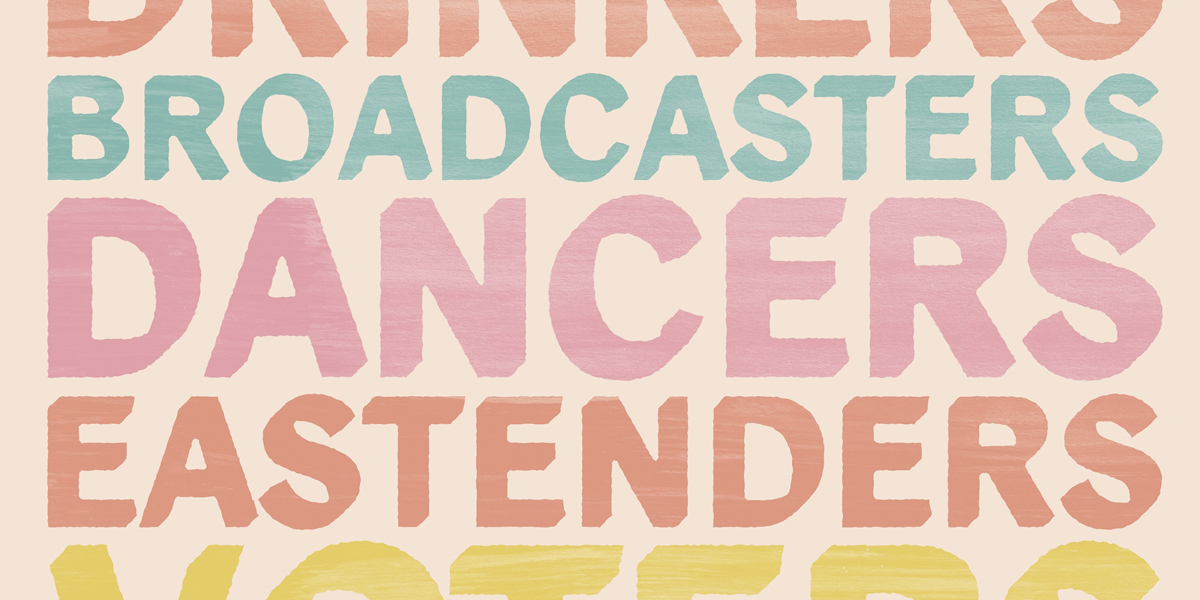Book review: In a new land
Lovers And Strangers: An Immigrant History Of Post-War Britain by Clair Wills, Allen Lane, £25 “That young man in the double-breasted suit and snapbrim trilby, grasping the handrail of the ship at Tilbury Dock, those girls in their crisp summer dresses…” It’s...
Lovers And Strangers: An Immigrant History Of Post-War Britain by Clair Wills, Allen Lane, £25
“That young man in the double-breasted suit and snapbrim trilby, grasping the handrail of the ship at Tilbury Dock, those girls in their crisp summer dresses…”
It’s an image emblematic of an era of post-war migration: men and women from the West Indies crowding together on the top deck of the Windrush as it arrived at Tilbury docks. These 429 migrants from the Caribbean were part of what became known as the Windrush generation and it is their story that Clair Wills recounts in her new book, Lovers and Strangers.
Britain was desperate for workers after the second world war: to rebuild after the Blitz; to power the vision for the future that would later be showcased in the Festival of Britain in 1951; and to help make the newly founded NHS a reality.
To address the shortage of labour, and give the economy a boost, Britain welcomed migrants from the Commonwealth and refugees from war-torn Europe. The British Nationality Act, passed in 1948, gave a quarter of the population of the planet – all of Britain’s imperial subjects and citizens of the commonwealth – the legal right to live in Britain with the same rights of citizenship as people born in Britain. During the 1940s and 1950s migrants began to enter Britain from the Caribbean, Poland, Latvia, Lithuania, Ukraine, Italy, Malta, Cyprus, India, Pakistan and Ireland.
But it would be wrong to assume – as the now-iconic Windrush photos may suggest – that Britain welcomed these newcomers with open arms. In the run-up to the passing of the 1948 Act, home secretary James Chuter Ede acknowledged concerns from some quarters: “It would be a bad thing to give the coloured races of the Empire the idea that, in some way or other, they are equals in this country.”
Wills demonstrates the contributions made by immigrants but does not shy away from the tensions that existed as migrants tried to find their place in their new land. Lovers and Strangers is a rich account of two decades of British history from the arrival of Windrush in 1948 until Enoch Powell’s infamous Rivers of Blood speech in 1968.
The book is packed with vibrant anecdotes from immigrants recounting their own experiences of 1950s and 1960s Britain. These are, often illuminatingly, set alongside more official accounts from politicians, journalists and sociologists. Along the way Wills’ introduces us to carers, homeowners, dancers, lovers and the troublemakers who had a run-in with the law. Encounters with this varied mix of characters leaves the reader in no doubt that there is no single story to tell of the immigrant experience.
With Lovers and Strangers, Wills sets out to avoid parallels between the past and the present, but there is no denying the resonances. For example, she describes how “popular anxiety about immigrants could be rationalised as a practical problem of finite resources – surely the country’s coffers could not stand up to an ‘influx’ or a ‘flood’ of newcomers” an argument which brings to mind rhetoric from the more virulent of the Leave camp during the Brexit campaign. An end to free movement would not only allow Britain to “take back control” but would also address the country’s economic, social and cultural problems too.
The trope of immigrants as the cause of social ills is a recurring theme in Wills’ book. Following the Notting Hill riots in the summer of 1958 tighter controls were placed on immigration, whilst the issues likely to have led to the unrest – including the housing crisis and rising unemployment – were not addressed.
On Sunday 22 April 1968 the racial tensions which had been bubbling under the surface for years came to the surface when Enoch Powell delivered his Rivers of Blood speech. Powell may have been denounced by his fellow politicians but he received a groundswell of popular support. Novelist and second generation immigrant Hanif Kureishi recalls how “graffiti in support of [Powell] appeared in the London streets. Racists gained confidence. People insulted me in the streets.”
The real problem for Powell and his supporters, Wills notes, was ‘immigrant power, the demand for equal treatment’. Sadly, Powell’s insistence that ‘ordinary’ English men “found their wives unable to obtain hospital beds in childbirth, their children unable to obtain school places” would not seem out of place in the pages of the Daily Mail today.
Immigration remains a complex political issue, and the origins of some of the complexity can be traced back to the 1950s and 1960s. But, what also comes across strongly in Lovers and Strangers is that the experience of immigrants exists beyond the established political narrative. Politicians and policymakers should take note.

